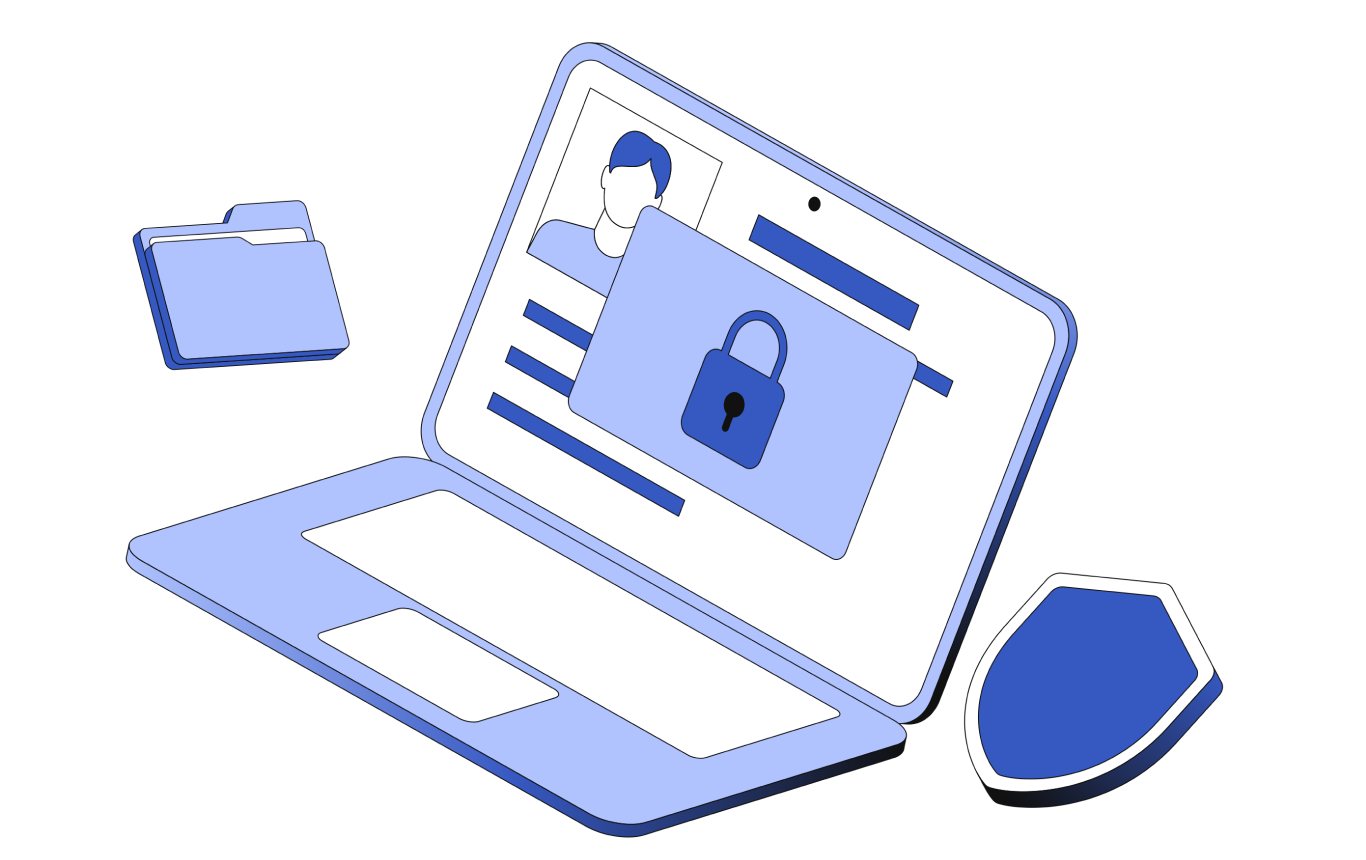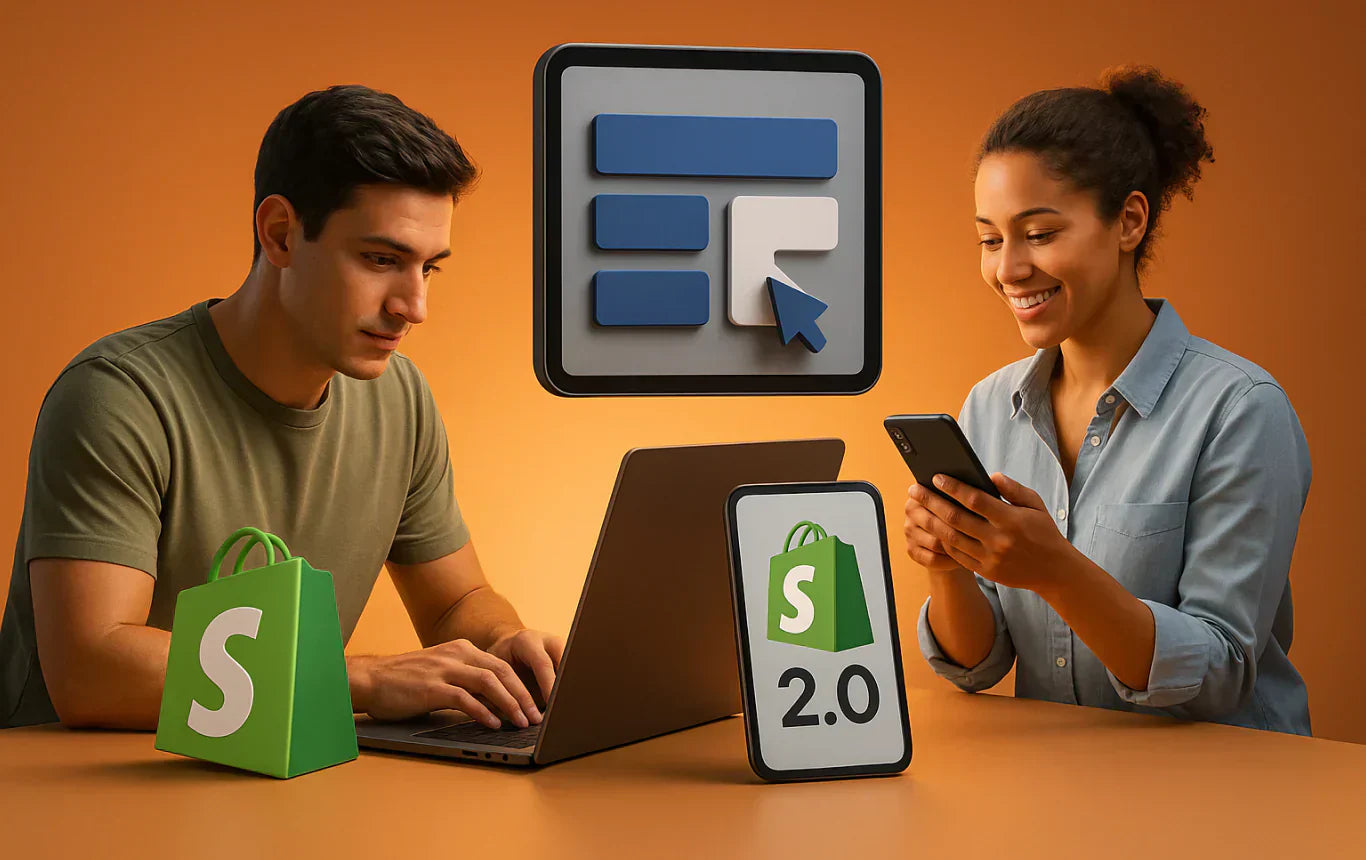Table of Content
Ensuring the security of online transactions comes first in the modern digital world. Among the top e-commerce sites, Shopify offers strong security and privacy tools to protect customers and stores.If you are looking for “is shopify safe” for your ecommerce business, read on. Making wise selections about using Shopify for your online shopify business depends on an awareness of these characteristics.
Is Shopify Safe for Buyers?
Because of its strict security policies and dedication to client data protection, Shopify is generally safe for customers. Shopify provides:
- A secure platform for online purchases with SSL encryption.
- Protecting data during transactions.
- PCI DSS certification.
- Verifying safe payment processing.
- Fraud analysis tools that spot and stop dubious activity.
Customizable settings allow buyers to modify their privacy preferences and improve their data management. Two-factor authentication also gives account logins an extra degree of protection. Overall, Shopify is a reliable option for customers wishing to buy safely because of its robust security system and adherence to industry standards. To understand, is it safe to buy on Shopify? Continue reading.
Shopify Security - Understanding How Safe Shopify Is
Shopify uses industry-standard techniques to protect private data, from solid data encryption technologies to reliable payment methods. Using cutting-edge security techniques helps Shopify protect customer data—including personal information and payment details—against illegal access and cyberattacks.
This dedication to security permeates its platform, giving customers and stores confidence in completing safe transactions and contacts. Being a proactive security player distinguishes Shopify as a reliable e-commerce platform that prioritizes user safety and data integrity.
Top 5 Shopify Security and Privacy Features
Here are a few shopify privacy and security features that do wonders for your store security and provide positive answer to the question” is shopify safe?”:
1- SSL Encryption:

Shopify uses SSL (Secure Sockets Layer) encryption to guarantee that all data moved between browsers and servers stays secured. During every transaction, this encryption protects private client data, including payment information and personal information.
By encrypting data, Shopify reduces the possibility of interception by illegal entities, therefore improving the general security of online buying and interactions.
2- Payment Card Industry Data Security Standard Compliance:

Shopify follows the PCI DSS, a set of strict security guidelines to protect payment card data during and after a transaction.
Compliance with PCI DSS guarantees Shopify that all payment data—including credit card numbers and verification codes—is handled and processed securely. Maintaining confidence and protecting private financial data across the network depends on this compliance.
Shopify Payments Terms of Service
3- Fraud Analysis Tools:

Is Shopify safe and provide protection against frauds? Yes. It gives retailers strong built-in capabilities for fraud detection and avoidance. These instruments analyze real-time transaction patterns and behaviors to spot possible fraudulent activity.
Shopify reduces financial risks and improves general transaction security by automatically detecting dubious transactions, therefore helping retailers and customers prevent false charges and illegal access.
4- Privacy Settings:

Customizable settings within Shopify allow users significant influence over their privacy choices. This covers controlling retailers' personal data gathered, kept, and applied. Under relevant privacy regulations, users can change privacy settings to indicate data-sharing choices, opt off promotional communications, and exercise their rights.
By arming users with these rights, Shopify guarantees openness and offers customers confidence in how their data is managed across the platform.
5- Two-Factor Authentication (2FA):

Shopify provides two-factor authentication (2FA) as a voluntary security tool to enhance account security. By encouraging users to confirm their identity with a second form of authentication—such as a unique code sent to their mobile device—2FA provides still another level of security beyond simply a password.
Although passwords are hacked, this stops illegal access to Shopify accounts. Using 2FA helps Shopify significantly increase account security and lower the possibility of illegal access and data leaks.
How To Add A Privacy Policy To Your Shopify Store?
Compliance and transparency depend on a thorough privacy policy. A well-written privacy policy guarantees that your store follows legal criteria and helps to develop confidence with your customers.
Your privacy policy should be created using this methodically organized approach to provide satisfactory answers to the question “is shopify safe for buyers and merchants?”:
-
Introduction:
Begin by specifying the goals and extent of your Shopify privacy policy. Describe how gathering personal data helps your customers and why you do so. This should give a general picture of what the policy covers and reassure customers that their privacy is given great weight.
-
Information Collection:
Describe the kinds of personal information your business gathers from customers and guests. Names, email addresses, billing and shipping addresses, payment information, and browser activity can all be included here.
Please specify the exact data points you get and whether the user provides the information immediately or obtains it automatically.
-
Use of Information:
Clearly state how the gathered data will be applied, guaranteeing processing goals. Personal information could be used for marketing, customer correspondence, purchase processing, and service enhancement.
Share honestly the motives behind data collecting and how it improves the customer experience.
-
Data Security Measures:
List the security steps you took to protect customer information. Regular security audits, access restrictions, safe payment methods, and encryption could all be included here.
Stress your dedication to maintaining client data safe and the actions you take to stop illegal access, data leaks, and other security risks.
-
Contact Information:
Supply contact information for questions about the privacy policy. Add a phone number, email address, or contact form customers could utilize should they have inquiries or privacy issues.
This should also explain customers' rights to their personal data and how they might be exercised.
If you want to learn how to add privacy policy in your Shopify Store then click below👇:
Why We Gather and Share Your Personal Data

Are you wondering, "is Shopify safe?" If yes, then read on to get the answer to your question. Open data practices help customers to develop trust. Clearly stating the reasons behind gathering personal data and its usage helps customers feel safe.
The following is a thorough overview of the purposes of data sharing and collecting:
Transactional Purposes:
Purchasing and processing orders depend on personal information, which is vital. This covers names, addresses, credit card information, and phone contacts. Gathering this information will help us guarantee the correct and timely delivery of goods, offer order confirmations, and effectively address customer service questions.
Maintaining transaction records also helps control returns, exchanges, and refunds, guaranteeing a seamless and satisfying buying experience for customers.
Personalization and Marketing:
Personalizing user experiences and enhancing marketing initiatives depend on gathered data in both personal and business sectors. We might draw on preferences, purchasing behavior, and browsing history to suggest items pertinent to particular customers.
Customized content, focused ads, and personalized marketing emails improve customer involvement and satisfaction. We want every customer's buying experience to be more relevant and fun using meaningful interactions created from data.
Legal Compliance:
Sometimes, legal processes or laws mandate the disclosure of personal information. This can cover following court orders, answering legal inquiries, or carrying out duties under relevant laws and regulations.
Under these circumstances, we ensure that the required information is shared and that suitable steps are taken to protect our client's privacy. Opening up about these legal obligations shows our dedication to moral data practices and helps to preserve confidence.
Data Sharing Practices:
Outlining whether and how personal data is shared with outside parties is crucial. To help our company run, we might exchange information with reliable partners, including shipping firms, payment processors, and service providers.
These third parties have contractual obligations to manage data securely and apply it only for the uses for which it was shared. Clearly defining data-sharing policies ensure shopify safe for buyers and helps customers know who can access their data and under what conditions.
User Rights and Choices:
Educating customers about their rights over their data is vital. customers are entitled to access, amend, or delete personal data and opt out of some data processing operations.
We give users tools, including account settings, contact forms, or specialized privacy portals, to exercise their rights. Giving customers control over their data helps us improve openness and confidence so that they may be sure of how their information is handled.
Conclusion:
After reading the above mentioned details we hope you found the answer to your question “is shopify safe?” By understanding Shopify's security measures, implementing robust privacy policies, and adhering to regional privacy laws, merchants can create a safe and trustworthy e-commerce environment for buyers.
Want a reliable shopify partner? Contact SANOMADS for a FREE consultation right now and grow your business quickly.
Book Free Consultation










